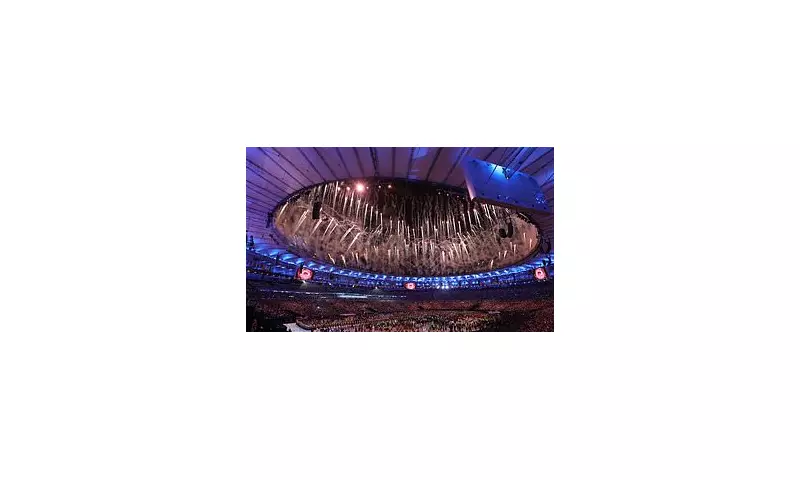
In a move that has sent shockwaves through the football world, the Brazilian government has officially put the legendary Maracanã Stadium up for sale. This iconic Rio de Janeiro venue, which has witnessed some of football's most historic moments, now faces an uncertain future.
The End of an Era for Brazilian Football
The decision comes as part of President Luiz Inácio Lula da Silva's administration efforts to manage public assets, but has sparked outrage among football purists and local communities. The Maracanã isn't just any stadium - it's a sacred temple of Brazilian football that has hosted two World Cup finals and countless legendary matches.
A Stadium Steeped in History
Since opening in 1950 for the FIFA World Cup, the Maracanã has been home to unforgettable moments in football history. From the heartbreaking Maracanazo when Uruguay defeated Brazil to Pelé's thousandth goal and recent Olympic ceremonies, this stadium has been at the heart of Brazilian sporting culture for generations.
Controversy and Community Concerns
Local indigenous groups and community organisations who currently use parts of the stadium complex have expressed serious concerns about the sale. Previous private management of the venue led to conflicts over access and usage rights, raising questions about how new ownership might affect the stadium's cultural significance.
What's Next for the Football Cathedral?
The Brazilian Ministry of Management and Innovation in Public Services has confirmed the stadium will be sold to the private sector, though specific details about the sale process and potential buyers remain unclear. The decision marks a significant shift in how Brazil manages its sporting infrastructure and could set a precedent for other historic venues.
As bids are prepared and negotiations begin, the football world watches anxiously to see who will become the new guardian of one of sport's most hallowed grounds.





